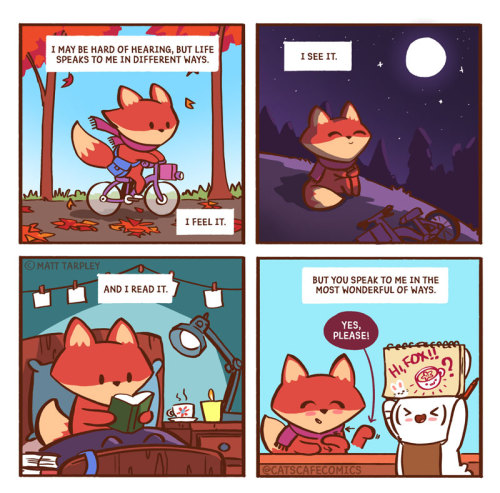-
chevron_right
Bait, ting, certi: how UK rap changed the language of the nation
news.movim.eu / TheGuardian · 7 days ago - 09:28
Fuelled by music fandom and social media, young British people’s slang is evolving to include words with pidgin, patois and Arabic roots – even where strong regional English dialects exist
There’s a video format spreading on TikTok. Recorded in towns across suburban England, teenage interviewers stop their peers on the street, fielding questions that range from fashion choices to humorous hypotheticals and local neighbourhood dramas, in the process building a large social media following and showcasing their patch of land to the world. “950 [pounds] for that, you know my ting,” a teenage white boy says about his Canada Goose jacket in a video recorded in Bury St Edmunds. “We’re checking his drip, ya dun know, you heard my man,” someone says in another video.
Both the hosts and many of the interviewees speak with this distinct drawl – Multicultural London English (MLE), a dialect born in London’s African-Caribbean communities in the 1970s and 80s. (Some now argue that “Black British English” is a more fitting term.) It’s rooted in Jamaican patois with influences from cockney, and more recently Arabic, the US and West African Pidgin English.
Continue reading...
